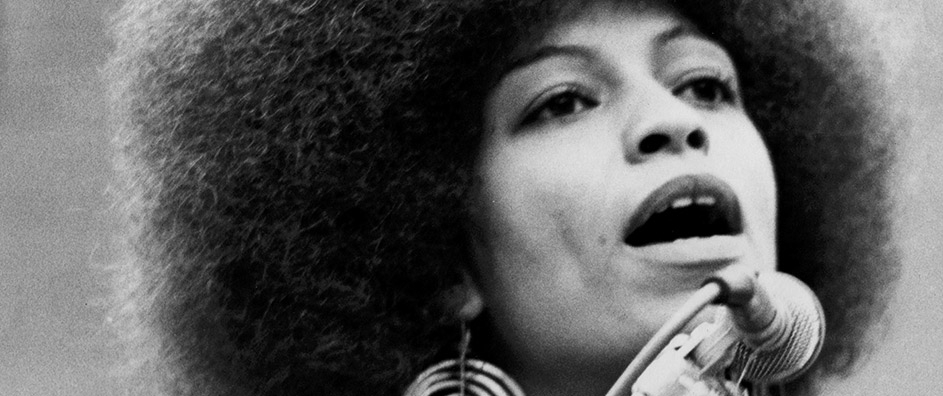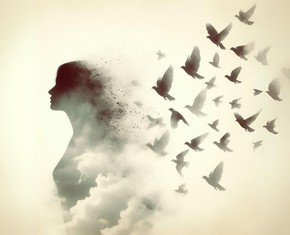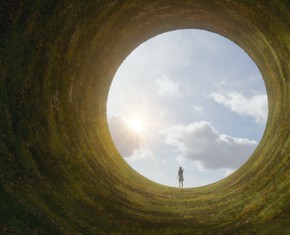The views expressed in our content reflect individual perspectives and do not represent the authoritative views of the Baha'i Faith.
Members of the human race!… Cleave ye to justice and fairness… – Baha’u’llah, Gleanings from the Writings of Baha’u’llah, p. 342.
Be an ornament to the countenance of truth, a crown to the brow of fidelity, a pillar of the temple of righteousness, a breath of life to the body of mankind, an ensign of the hosts of justice, a luminary above the horizon of virtue, a dew to the soil of the human heart, an ark on the ocean of knowledge, a sun in the heaven of bounty, a gem on the diadem of wisdom, a shining light in the firmament of thy generation, a fruit upon the tree of humility. – Baha’u’llah, Gleanings from the Writings of Baha’u’llah, p. 285.
We all know and admit that justice is good, but there is need of volition and action to carry out and manifest it. – Abdu’l-Baha, The Promulgation of Universal Peace, p. 121.
Positive psychology and its Character Strengths and Virtues Handbook defines the fourth category of human attributes with the word Justice. Positive psychologists name three distinct character traits that go along with the virtue of justice—citizenship, fairness and leadership.
So let’s look at the central concept here, justice and fairness, and what epitomizes those virtues.
 Society has long portrayed these noble human attributes with the symbol of a mythical blindfolded woman, who we now call Lady Justice. You can see the symbolic Lady Justice in courtrooms or in legal settings that honors the concept of just and fair treatment. She holds a sword in one hand, which stands for the power of fairness and equity; and a set of balanced scales to weigh competing claims in the other. Lady Justice represents equality and fairness under the rule of law—and she also represents the Golden Rule, in which every religion asks us to treat others as we would want them to treat us.
Society has long portrayed these noble human attributes with the symbol of a mythical blindfolded woman, who we now call Lady Justice. You can see the symbolic Lady Justice in courtrooms or in legal settings that honors the concept of just and fair treatment. She holds a sword in one hand, which stands for the power of fairness and equity; and a set of balanced scales to weigh competing claims in the other. Lady Justice represents equality and fairness under the rule of law—and she also represents the Golden Rule, in which every religion asks us to treat others as we would want them to treat us.
Many people think of justice as a societal virtue rather than an individual one, but an abiding sense of inner fairness and justice lives in every spiritual human being’s heart.
Consider this: the opposite of justice—injustice, bias and unfairness—often comes directly from prejudice. And we all have prejudices of one type or another. Our prejudices, whether personal, racial, national, ethnic or gender-based, inevitably get in the way of our judgment. Those prejudices can lead us to make unjust, ill-considered decisions. On a personal level, they can inhibit our happiness, close off our options and deny us the full, rich and satisfying life we desire. On a societal level, prejudices can lead to persecution, war and genocide. The Baha’i teachings condemn all prejudices:
And among the teachings of Baha’u’llah is that religious, racial, political, economic and patriotic prejudices destroy the edifice of humanity. As long as these prejudices prevail, the world of humanity will not have rest. For a period of 6,000 years history informs us about the world of humanity. During these 6,000 years the world of humanity has not been free from war, strife, murder and bloodthirstiness. In every period war has been waged in one country or another and that war was due to either religious prejudice, racial prejudice, political prejudice or patriotic prejudice. It has therefore been ascertained and proved that all prejudices are destructive of the human edifice. As long as these prejudices persist, the struggle for existence must remain dominant, and bloodthirstiness and rapacity continue. Therefore, even as was the case in the past, the world of humanity cannot be saved from the darkness of nature and cannot attain illumination except through the abandonment of prejudices and the acquisition of the morals of the Kingdom. – Abdu’l-Baha, Selections from the Writings of Abdu’l-Baha, p. 299.
So if you want to cultivate the human virtues of justice and fairness, the Baha’i writings say, the first step involves acknowledging and then gradually eradicating your prejudices. To develop a sense of justice, then, requires a searching and fearless moral self-inventory; and the inner strength to question and then jettison any unfairness we detect inside ourselves. This shining quality of justice, which distinguishes the most fair-minded among us, can bring each person who develops it a powerful moral leadership that influences everyone in their life:
For you I desire spiritual distinction — that is, you must become eminent and distinguished in morals. In the love of God you must become distinguished from all else. You must become distinguished for loving humanity, for unity and accord, for love and justice. In brief, you must become distinguished in all the virtues of the human world — for faithfulness and sincerity, for justice and fidelity, for firmness and steadfastness, for philanthropic deeds and service to the human world, for love toward every human being, for unity and accord with all people, for removing prejudices and promoting international peace. – Abdu’l-Baha, The Promulgation of Universal Peace, p. 190.
















Comments
Sign in or create an account
Continue with Googleor